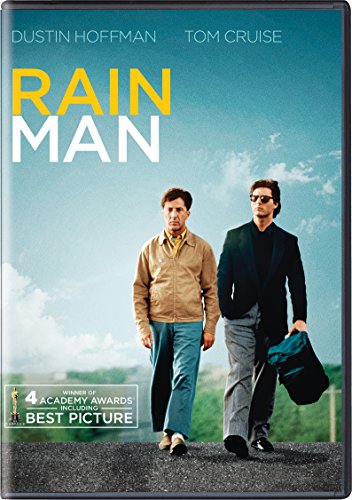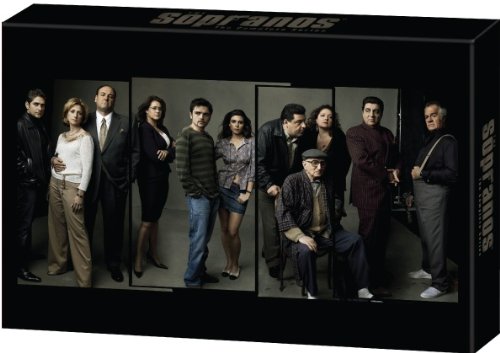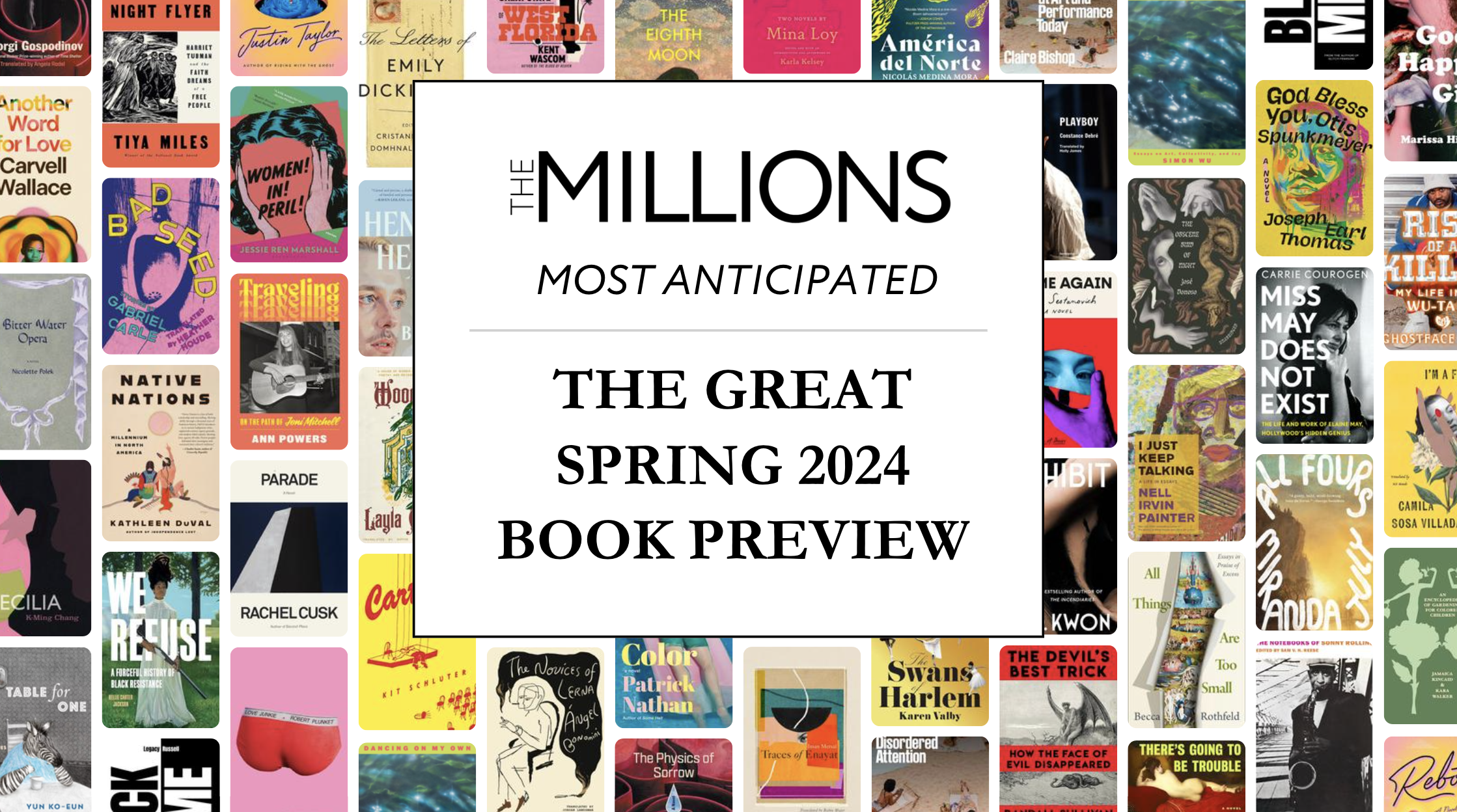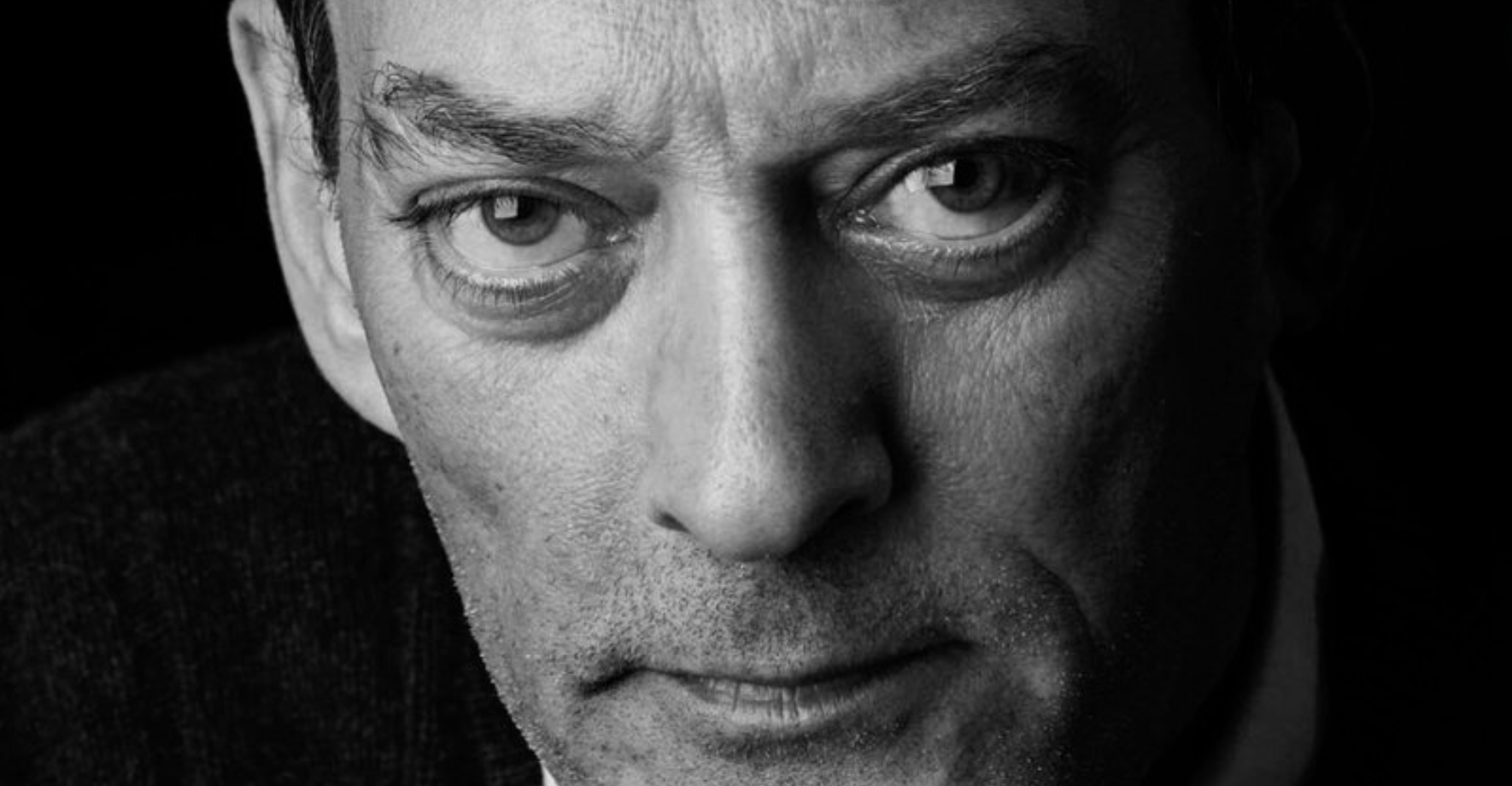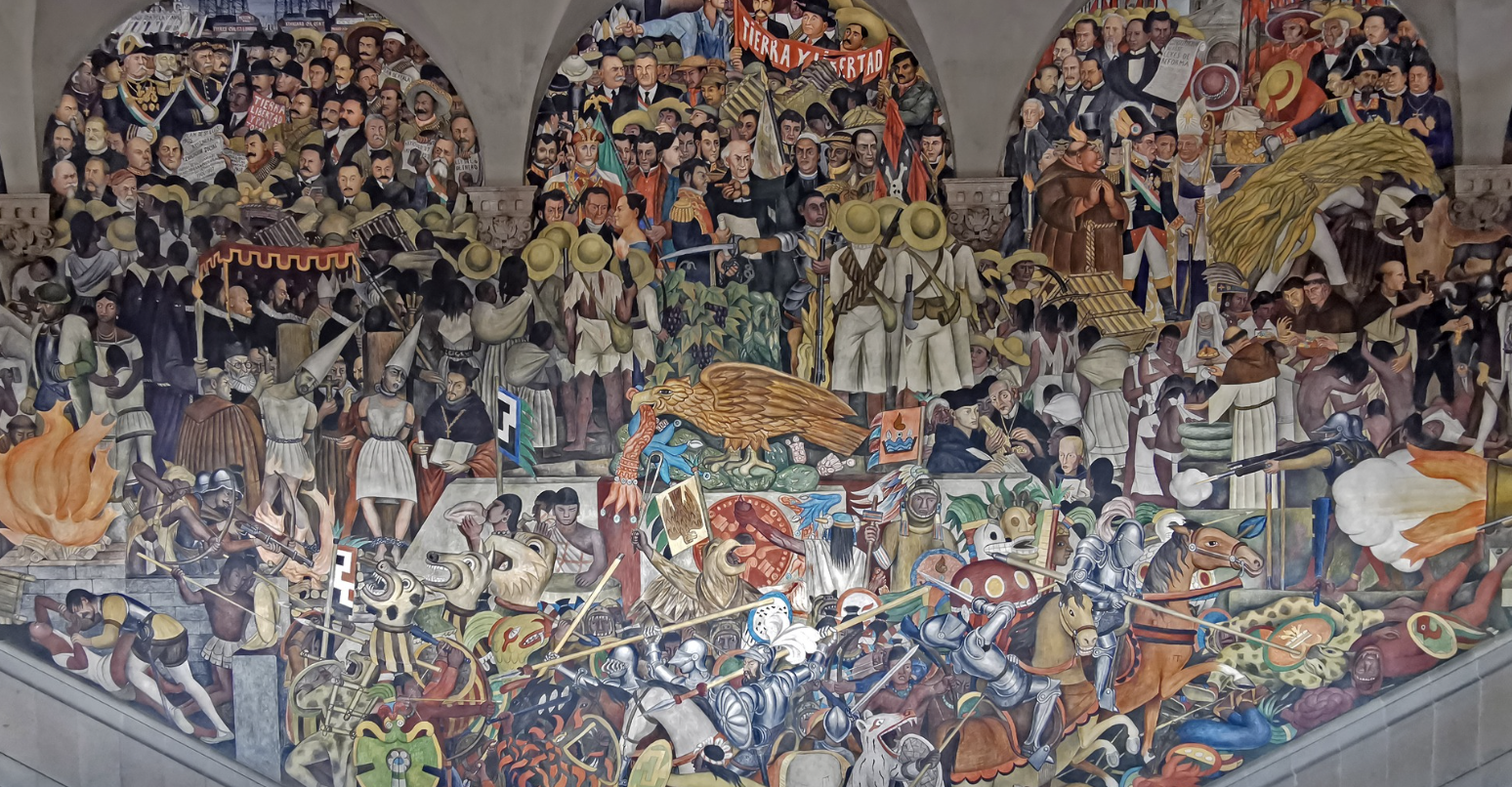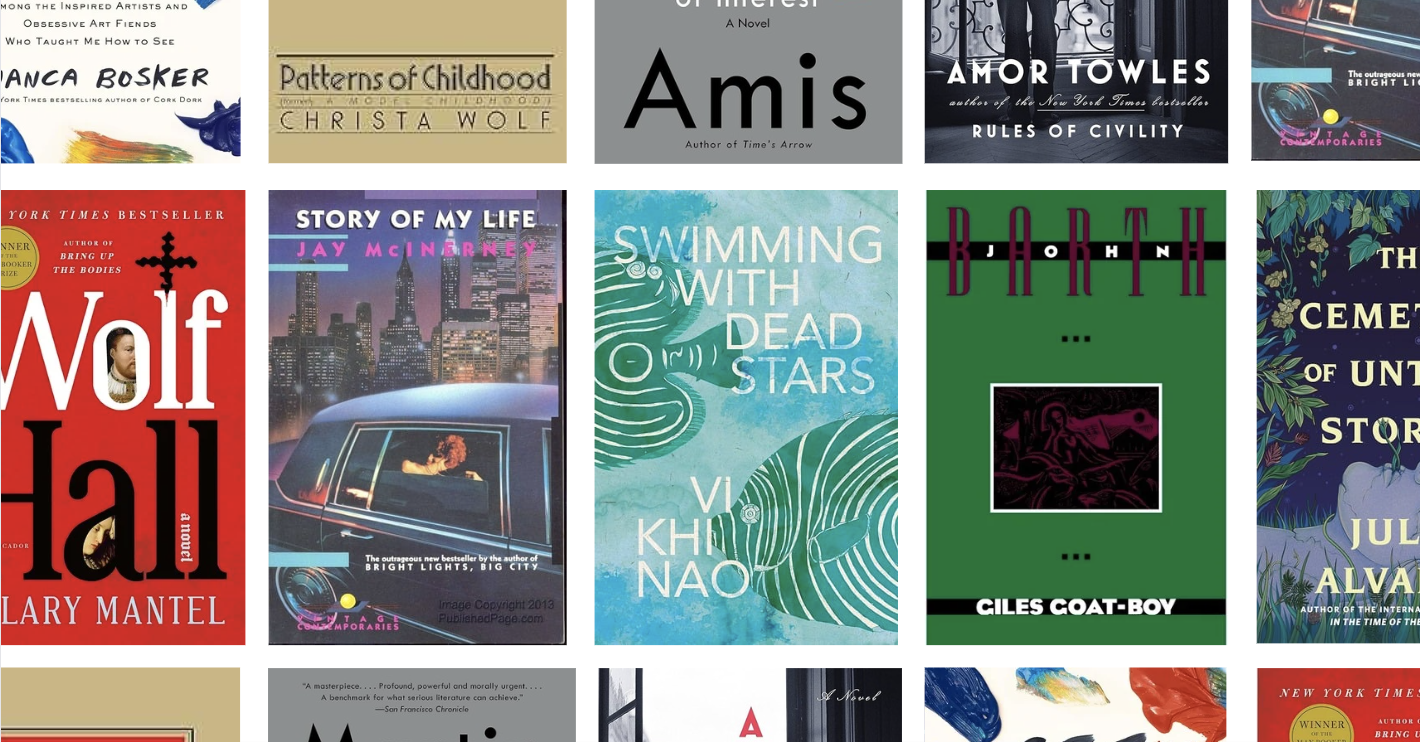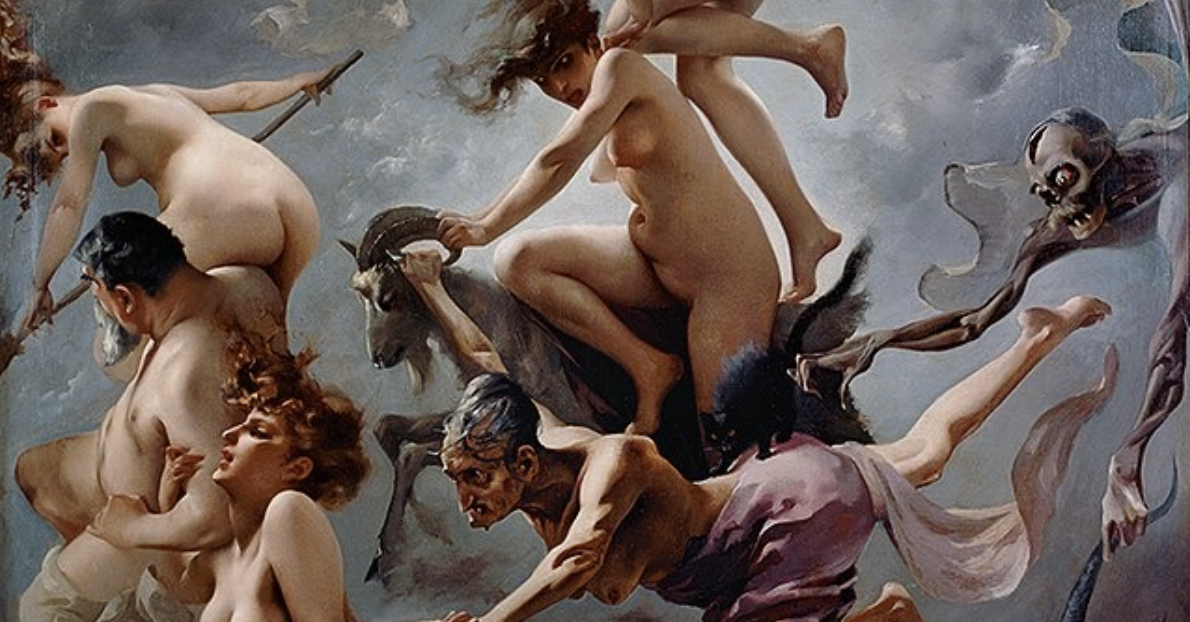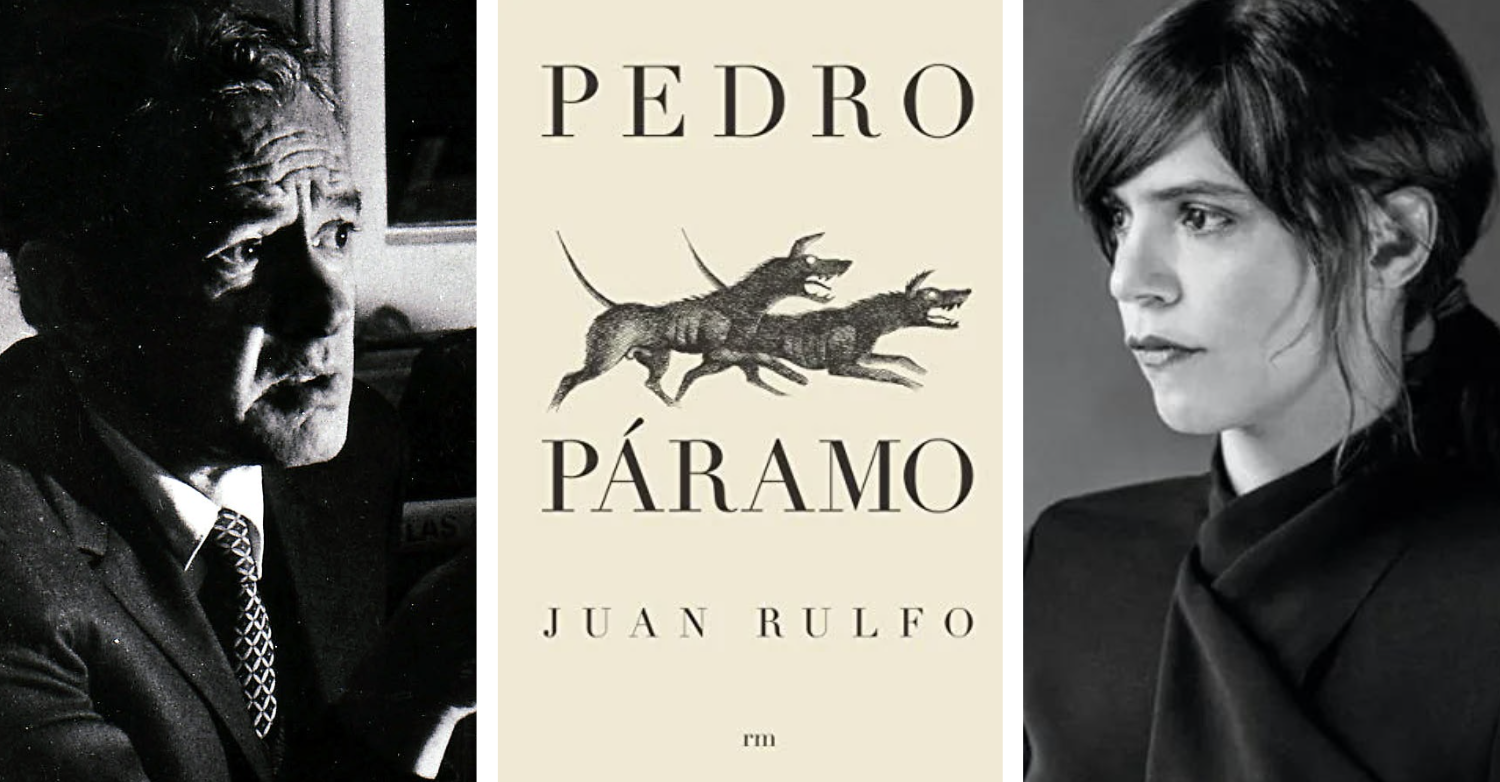
Absent World Cup withdrawal this mid-July, the chances of my picking up David Peace’s Red or Dead, an epic novel about the rise to glory of the red-clad Liverpool Football Club in pre-Thatcher England, would have been precisely zero. I played soccer as a kid, but prior to this year’s Cup, like millions of other oblivious Americans, I had not watched or much thought about the sport as an adult. I knew Liverpool was the Beatles’ hometown, but otherwise it meant nothing to me, and I knew Peace only as the author of the four novels on which the BBC Red Riding trilogy was based. I watched Red Riding soon after The Sopranos and The Wire finished their runs but before it was clear that the golden age of TV was never going to end. The Peace/BBC cycle has since gotten lost, for me, in a sea of high-quality antihero and “dead girl” crime dramas.
Also, I distrust sports stories. Sporting events themselves can be beautiful, but it’s a beauty so intimately bound up with the unrepeatability of specific moments that art can only ham-handedly gesture at it. Sports stories, meanwhile, tend toward the criminally banal: David and Goliath, triumph over adversity, hard work pays off. And world-class athletes out of uniform are invariably less interesting than ordinary people, at least until age thirty-five or so, when their real lives begin.
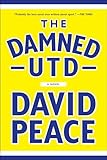 Red or Dead, as I learned only after I had started reading it, is Peace’s second soccer novel. His first, The Damned Utd (a reference to the Leeds United Football Club), was made into a movie and clearly has fans in Great Britain. It is a well-crafted, visceral book with a terrifically alive protagonist, the foul-mouthed alcoholic manager Brian Clough. Clough built two championship teams out of thin air in the 1960s and 1970s, at Derby County and Nottingham Forest, but Peace dramatizes his disastrous 44-day stint with Leeds United in 1974, a powerhouse team whose every player and stakeholder, give or take, he managed to alienate. Though it is a book about sports, The Damned Utd is really about a single, vividly exasperating human in a situation that does not fit him. Put a character like Clough in the corner office of an accounting firm, and you’d have a similarly absorbing novel.
Red or Dead, as I learned only after I had started reading it, is Peace’s second soccer novel. His first, The Damned Utd (a reference to the Leeds United Football Club), was made into a movie and clearly has fans in Great Britain. It is a well-crafted, visceral book with a terrifically alive protagonist, the foul-mouthed alcoholic manager Brian Clough. Clough built two championship teams out of thin air in the 1960s and 1970s, at Derby County and Nottingham Forest, but Peace dramatizes his disastrous 44-day stint with Leeds United in 1974, a powerhouse team whose every player and stakeholder, give or take, he managed to alienate. Though it is a book about sports, The Damned Utd is really about a single, vividly exasperating human in a situation that does not fit him. Put a character like Clough in the corner office of an accounting firm, and you’d have a similarly absorbing novel.
Red or Dead’s central character, Bill Shankly, is likewise based on an actual British football manager who came to prominence in the 1960s and 1970s. The two books’ protagonists are contemporaries and competitors who grudgingly respect one another. Each is a significant presence in the mind of the other, and in both novels they exchange semi-aggressive congratulatory words on the post-game touchline. There is even a scene, a high-profile ceremonial game at Wembley Stadium, that appears in both, but with a markedly different meaning from book to book. In terms of ambition, however, there is no comparison. Red or Dead is the more ambitious novel by miles. It is big—715 pages as published in hardcover by Melville House—and it takes big stylistic risks in the pursuit of big ideas.
Though I would urge patience with Red or Dead’s narrative voice, I have no doubt that some readers will be immediately and irretrievably put off by it. On first encounter it calls to mind Rain Man, or a slightly buttoned-up Gertrude Stein:
In the winter-time, in the night-time, they remembered him. And then they came to him. In the winter-time, in the night-time. Not cap in hand, not on bended knee. Not this sort. But still they came. Here to Leeds Road, Huddersfield. Here on October 17, 1959. They came—
In the winter-time, in the night-time.
Winter-time, night-time—got it. Aside from this portentous litany, there is only the coming of a certain “they,” qualified with clichés (“cap in hand,” “bended knee”), proper nouns, and a date. As an opening, this would be laughable if the book continued on in a more conventional style. Instead, it quickly becomes clear, repetition is the novel’s basic structuring device, dominating nearly every paragraph, paragraphs themselves repurposed again and again with only slight variations. Though I’d begun the book hoping to prolong my immersion in the world of elite football, within ten pages the nuttiness of Peace’s style—nutty, at least, in terms of the book’s marketability in the United States—became my primary reason for reading. What on earth was he after? Was there any chance he could pull it off?
“They” are the directors of the Liverpool Football Club, and “him” is Shankly, who was hired away from a smaller town’s team in 1959 and remained Liverpool’s manager through 1974, by which point the team regularly competed at the highest levels of British and European football. Here he is arriving at Anfield, the Liverpool stadium, to begin his first season:
In Liverpool, at Anfield. Bill walked around the ground with Arthur Riley. Bill looked at the turnstiles and Bill looked at the stands. Bill looked at the seats and Bill looked at the toilets. Bill looked at the dressing rooms and Bill looked at the tunnel. And then Bill walked out onto the pitch. The Anfield pitch. Bill stood on the pitch, Bill stamped on the pitch. Once, twice. Bill shook his head. Once, twice. And Bill said, How do you water this pitch, Arthur? Where do you keep your watering equipment?
The repetitions (“Bill walked,” “Bill looked,” “Anfield,” “Once, twice”) create a sort of spiraling effect, the narrative moving through time but incessantly circling back, as though afraid of having missed something. This is plainly, on one level, a means of rendering Shankly’s mental patterns on the page (he speaks in much the same way), showing us the problem of soccer as he sees it and solves it, via obsessive attention and methodical progress from subject to subject, looping back before moving on, as though to double-check that he has overlooked no specific sub-problem.
But psychological realism is not Peace’s brief. He is interested in the textures and results of Shankly’s mental processes, without being interested in Shankly’s consciousness per se. We know the general laws of Shankly’s mind’s movement because we walk and look with him, and because we hear what he says once he has made a decision. We do not, however, experience his decision-making process from the inside, and his emotional life is almost entirely implied. His wife’s coughing upstairs in her sleep while he plots strategy downstairs at night lets us know, over the course of years, that Shankly is growing increasingly concerned about her health, and that this is affecting his calculation about when to retire from his job. When Liverpool’s directors sell a reserve player without his consent, we accompany Shankly as he types a letter to them, but neither the word “resignation” nor any idea connected with it is mentioned until later, when he discusses the possibility with a confidante. Likewise, I read Peace’s complete avoidance, beyond that first paragraph, of third-person pronouns—the most potentially insufferable of the affectations an unsympathetic reader might accuse him of—as signaling his desire to interfere with the default assumptions of psychological realism. The incessant repetition of “Bill” and “Bill Shankly” may reflect the textures of the man’s mind, but it also incessantly estranges us from him, lets us know that we are not, in fact, in his mind.
This may sound archly paradoxical: a novel whose style and structure correspond to the idiosyncrasies of a particular character’s mind, even as we sense that we are not, in fact, immersed in that character’s mind. And it would no doubt be archly paradoxical, if Red or Dead weren’t a novel about team sports. Because the book is built on Shanklyesque repetition, we require several cycles of repetition, several football seasons, before the other dimensions of the novel’s style begin to resolve.
In his second season at Liverpool, Shankly devises a proprietary training method, the “sweat box,” to ensure that his team never loses for lack of conditioning. The sweat box is a ten-by-ten, eight-foot-high wooden square placed on the practice pitch, inside of which players take turns kicking and trapping and kicking the ball again:
Two players in the box. And a ball over the top into the box. The first player shoots against one board. First time. Ball after ball. Every second, another ball. Into the box. Every second for one minute. Ball after ball. Into the box. Then for two minutes. Ball after ball. Into the box. Then for three minutes. Ball after ball. Into the box. Again and again. Ball after ball. Into the box. Every second. Shot after shot. Every second. Inside the box. Every player. Player after player. Into the box, inside the box. The players working in the box, the box working on the players.
The sweat box paragraph recurs repeatedly across the novel as the team reassembles each July to train for the upcoming season, and we come to expect and look forward to its reappearance. The team will get the proper conditioning, we know, so long as they stick with the sweat box. We likewise know that, once they have finished with the sweat box, they will not work on set pieces or intricate strategy of any sort. They will simply play, squaring off against each other in scaled-down scrimmages, Shankly himself taking part in these scrimmages, “Bill Shankly laughing, Bill Shankly joking,” three-a-sides and then five-a-sides, “Bill Shankly laughing, Bill Shankly joking,” seven-a-sides and then eleven-a-sides, “Bill Shankly laughing, Bill Shankly joking.” Football is repetition, and Bill Shankly’s mind—the most important part of it, anyway—is football.
In addition to training, of course, there are games. Descriptions of Liverpool games occupy perhaps half of the novel’s pages, but notably, given that the book is devoted to the rise of a championship team, the action in each game is summarily catalogued rather than dramatized:
On Saturday 7 March, 1964, Ipswich Town Football Club came to Anfield, Liverpool. That afternoon, thirty-five thousand, five hundred and seventy-five folk came, too. In the forty-first minute, Ian St John scored. In the forty-eighth minute, Roger Hunt scored. In the fifty-fifth minute, Alf Arrowsmith scored. In the seventieth minute, Peter Thompson scored. Two minutes later, Hunt scored again. And in the eighty-third minute, Arrowsmith scored again. And Liverpool Football Club beat Ipswich Town six-nil. At home, at Anfield.
This paragraph, with variations pertaining to dates and numbers and players’ names, appears hundreds of times in the novel. There are minor flourishes that signal the importance of one game relative to another, but these flourishes are embedded within the strict, recurring pattern of sentence construction, as though reminding us that, no matter how decisive or memorable a game might be, it is still only another game:
On Good Friday, 1964, Liverpool Football Club travelled to White Hart Lane, London. That Good Friday, the gates at White Hart Lane were closed an hour before kick-off. That Friday, fifty-six thousand, nine hundred and fifty-two folk came to White Hart Lane, London. And on Good Friday, 1964, just before the half-hour, Liverpool Football Club broke out of defence. Quickly. The long pass to Arrowsmith. Quickly. The square flick to Hunt and an error by Henry. And quickly, Hunt scored. That Good Friday, just after the hour, Byrne passed to Arrowsmith. Quickly. Arrowsmith passed to Thompson. Quickly. The flick to St John, the chip over the defence. And again, there was Hunt. And again quickly, Hunt scored. That Friday, three minutes later, the deep centre into the box from Callaghan. Quickly. And again, there was Hunt. And again quickly, Hunt scored. His third, his hat-trick. And on Good Friday, 1964, Liverpool Football Club beat Tottenham Hotspur three-one. Away from home, away from Anfield.
There will always be another game. Each game is as important as the next.
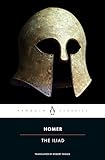 In the rigidity of its music as well as its focus on the “combat” of team sports, Red or Dead calls to mind no book so much as The Iliad. Peace courts this comparison and, astonishingly, is not diminished by it. The Iliad is, among many other things, an exhaustive catalogue of who killed who in the Trojan War, and how. Homer’s cataloguing is subject to rigid compositional patterns, countless people speared “beside the nipple” (in the Fagles translation) and countless others taking spears to the skull. Death arrives, again and again, as a dark swirl or mist across the eyes. Though scholars convincingly show that the demands of dactylic hexameter largely explain the patterning of the repeated phrases and epithets in The Iliad, repetition also answers an elemental problem of representation. In trying to render the experience of war, it is necessary to convey the sheer volume of killing, the fact that one irreplaceable life after another is lost. But there is a drastic mismatch between the number of deaths and the possible ways of describing them. Repetition, in this context, is simply sane.
In the rigidity of its music as well as its focus on the “combat” of team sports, Red or Dead calls to mind no book so much as The Iliad. Peace courts this comparison and, astonishingly, is not diminished by it. The Iliad is, among many other things, an exhaustive catalogue of who killed who in the Trojan War, and how. Homer’s cataloguing is subject to rigid compositional patterns, countless people speared “beside the nipple” (in the Fagles translation) and countless others taking spears to the skull. Death arrives, again and again, as a dark swirl or mist across the eyes. Though scholars convincingly show that the demands of dactylic hexameter largely explain the patterning of the repeated phrases and epithets in The Iliad, repetition also answers an elemental problem of representation. In trying to render the experience of war, it is necessary to convey the sheer volume of killing, the fact that one irreplaceable life after another is lost. But there is a drastic mismatch between the number of deaths and the possible ways of describing them. Repetition, in this context, is simply sane.
Peace reckons with a similar problem, goals scored and games won or lost being the equivalents of men killed and skirmishes won or lost. To dramatize each of fifteen years’ worth of games, let alone each individual goal, would be an absurd task. Still, a season is nothing if not the total of goals scored and games won or lost, and Shankly’s career is largely the sum of those yearly totals and the titles they brought the team. The relentless cataloguing, the embedding of statistics (drawn, as Peace acknowledges in an appendix, from the incredibly exhaustive Liverpool FC stats site) in a kind of latter-day prose equivalent of dactylic hexameter, allows him to forego drama without sacrificing immediacy. The highly patterned prose works on the brain like music you can’t get out of your head, so that you begin to experience the rhythm of a season itself. The result is tension as gripping as that of any detailed scene, though it is a tension that spans large expanses of narrative summary. The music bends us to the team’s movement through a season, the attempts to climb the league standings and stay at the top, to advance in the FA and European Cup tournaments, to overcome injuries and the aging of key players, and to play in all manner of awful English weather.
What Peace finally seems after, then, with his peculiarly repetitive, rigidly structured style, is the experience not of being Bill Shankly but of being part of Bill Shankly’s team, its step-by-step construction over the course of whole seasons and careers, the relentless energy required to maintain its place near the top of the British First Division (today’s Premier League). Red or Dead’s narrative voice reflects not simply Shankly’s individual consciousness but a group consciousness that he has painstakingly assembled, methodically but with no small amount of guile. To construct a team capable of regularly competing for championships, Peace suggests, is indistinguishable from constructing such a consciousness. To be inside such a consciousness, he persuades us, is the highest experience in sports.
The Liverpool FC consciousness extends, furthermore, beyond the collective experience of the players and coaching staff. When Shankly benches one of the team’s longtime stars, center-forward Roger Hunt, toward the end of the 1968-69 season, Hunt lashes out at him: “And I thought you had more respect for me. After all the games I have played for you, after all the goals I have scored for you. I thought you had more respect for me than to take me off, than to substitute me.” Shankly answers,
I believe you are one of the greatest centre-forwards I have ever seen, son. I believe you have played in some of the greatest games I have ever seen. I believe you have scored some of the greatest goals I have ever seen. But it is not about me. And it is not about you. You did not play in those games for me. You played in those games for Liverpool Football Club. For the team. And for the supporters of Liverpool Football Club. For the people. Not for me, son. And not for you. Every single decision we make, every single thing we do, is for Liverpool Football Club. For the team. And for the supporters of Liverpool Football Club. For the people. Not for you, not for me. For the team, for the people.
Shankly’s sentiments about the people of Liverpool may sound banal when stated baldly out of context, and it is hard to take them seriously given how regularly today’s most narcissistic athletes and coaches hold forth in a similar vein. But with Shankly, it is different. What might sound banal in isolation has the force of true insight when stitched into the looping weave of a style that embodies those very sentiments. We live the Shankly consciousness, the Liverpool FC consciousness, and we know in our spine that it is not bullshit.
And there is another, historically specific context in which Shankly’s commitment to “the people” goes beyond familiar sports bromides: he is the son of a Scottish miner and a proud socialist—a red—who considers his position as a football manager the primary forum for enacting his politics. Throughout his managerial years he speaks of his socialism as indistinguishable from his emphasis on the team over the individual and his unshakable commitment to the working-class fans of Liverpool. He answers every letter he receives from fans (even the petulant requests for tickets to sold-out matches), he plays pick-up games with kids when they ask, and he gives innumerable unpaid interviews in retirement. Late in the novel, after his career has ended, while interviewing the Labour Prime Minister Harold Wilson for a radio show, Shankly maintains that “our football was always a form of socialism” and that “You are born what you are. And I think that a man is a socialist at heart.”
The equation of professional sports with socialism may sound, to American ears, far more preposterous than any of Peace’s radical stylistic choices. But then again, if I learned anything playing youth sports, it was the importance of subsuming my individual desires into a larger team consciousness. And it is precisely the corruption of the concept of teamwork in the age of $100 million contracts and totalizing corporate sponsorships that has kept me from caring about professional sports as an adult. British football has been contaminated by these forces as surely as American sports (Liverpool FC is currently owned by the American financier and Boston Red Sox owner John W. Henry), and Red or Dead might be seen as an elegy for that period when the game was played by and for the working classes and perhaps even seemed an authentic expression of their collectivist sensibility.
It’s important, too, that Shankly’s socialism owes less to Marx than to an illustrious fellow Scot, Robert Burns, who wrote nothing at all about revolution but whose work testifies to great sympathy with the ordinary people among whom he lived. The socialism of a Burns or a Shankly, consisting primarily of concern for the everyday struggles of working people, is ultimately hard to distinguish from what used to be called common human decency. In writing an elegy for Bill Shankly’s world, then, Peace suggests that what has been lost goes far beyond sports. Or to put it another way, he shows us ourselves in soccer. A month ago, I would not have believed that this was possible.
